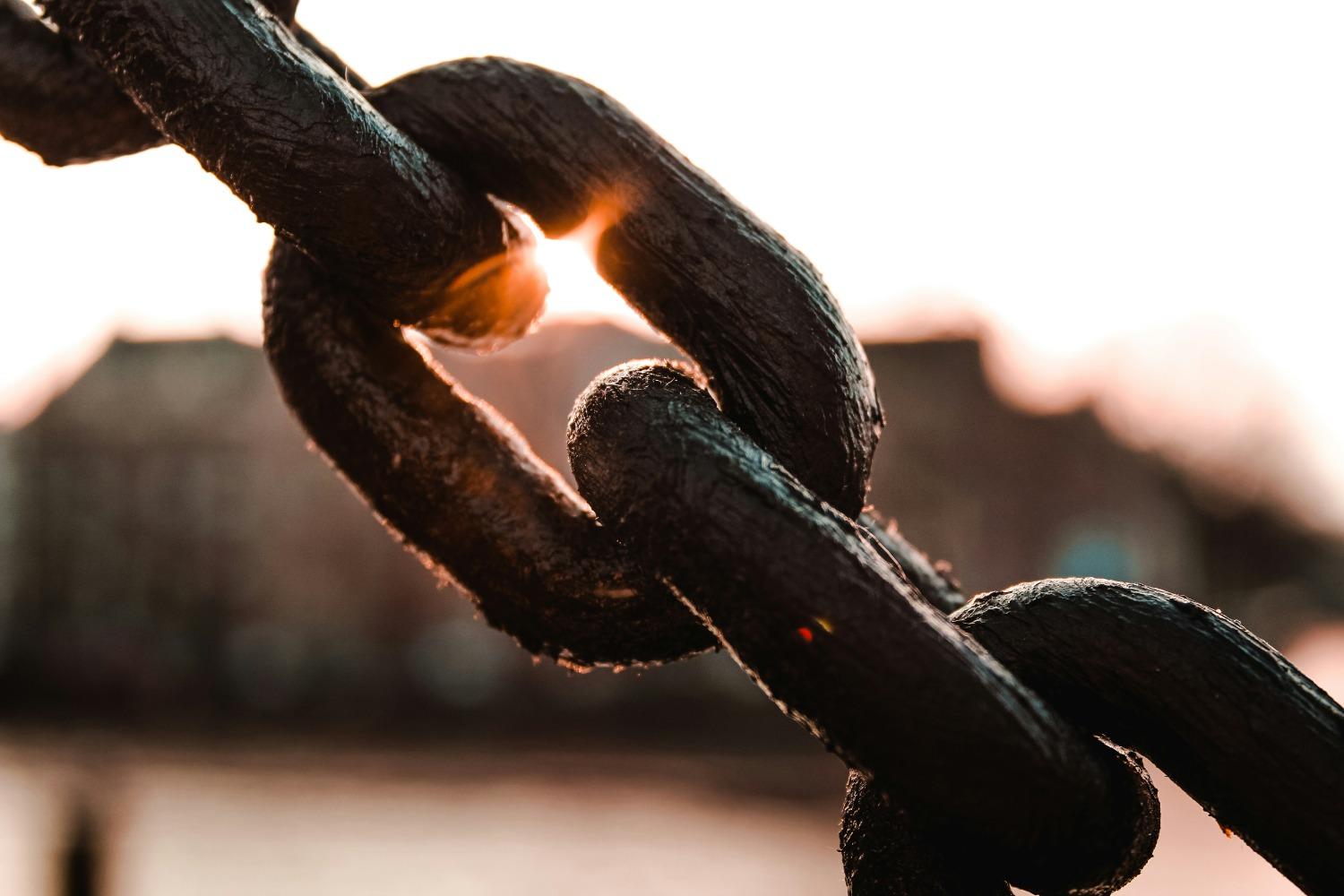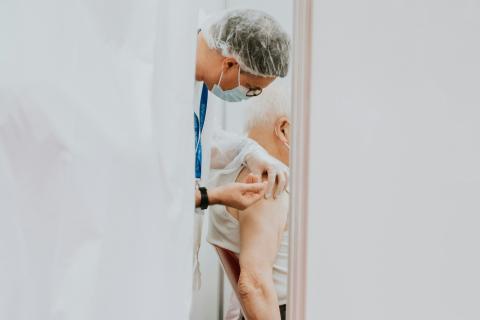
Each year, we mark the World Day of Prayer and Awareness Against Human Trafficking on February 8th – the Feast of St. Josephine Bakhita. This annual observance highlights the growing concern about modern forms of slavery and calls upon the intercession of a Sudanese saint, who was herself enslaved as a girl and sold for labor purposes. This year, young people gathered in Rome for this observance, striving to raise awareness about warning signs of those who are being manipulated and to encourage action against all forms of trafficking among religious and civic leaders.
Human trafficking includes a variety of illegal activities, such as the selling of workers for domestic servitude, forced child labor, and commercial sex acts. All such forms of forced labor involve the illegal purchasing and transporting of victims against their own will, or the coercion of their services under the duress of danger to themselves or their families. Such workers are often recruited through false employment or immigration offers, cyber scams, or forced kidnapping.
The U.S. State Department’s 2023 report on human trafficking notes that foreign governments identified over 115,000 victims in 2022. There were also over 15,000 convictions of those involved with human trafficking crimes. These governments also reported that there were 27 new or amended pieces of legislation that went into effect for the protection of victims and the prosecution of those responsible for trafficking. These statistics highlight the alarming reality that slavery still exists, but also the growing awareness and reform that are developing.
Speaking on the occasion of the signing of the Faith Leaders’ Universal Declaration Against Slavery in 2014, Pope Francis stated, “Every human being—man, woman, boy, and girl—is the image of God; God who is love and freedom, gives himself through interpersonal relations; therefore every human being is a free person, destined to live for the good of others in equality and brotherhood.” The freedom of each human person is forcefully taken away for victims of human trafficking, all for the purpose of others’ economic gain. Yet our faith assures us that each human being is made in the image and likeness of God and is called to the universal vocation of holiness. Thus another human being should never be reduced to a commodity or an instrument of exploitation, and a moral obligation to end all forms of slavery still exists today.
As the patron saint of human trafficking, St. Josephine Bakhita was a victim of slavery in the nineteenth century, yet circumstances of providence eventually led her to Italy where she was introduced to the Gospel and was baptized and confirmed in the Catholic Church in 1890. Convinced of her own dignity and her call to life in Christ, she later took religious vows with the Institute of St. Magdalene of Canossa. Her life of holiness and joy radiated the presence of Jesus to others and led to her canonization in 1992. Though her childhood was spent in forced labor conditions, the deeper significance of her life shines forth in her personal conversion and commitment to the Lord. For her full emancipation was not simply from earthly captors but from the consequences of sin and death. In this movement, Christ provides liberty on the deepest levels of human existence and opens the door for all to enjoy eternal life with Him beyond the circumstances that can be imposed upon us in this lifetime.
In observing the World Day of Prayer and Awareness Against Human Trafficking, the Church continues to defend the dignity of each human person and their right to true and lasting freedom. This truth must be continually affirmed in the face of all modern-day forms of slavery and serve as a call for the conversion of heart among those who would use others for mere economic gain.


